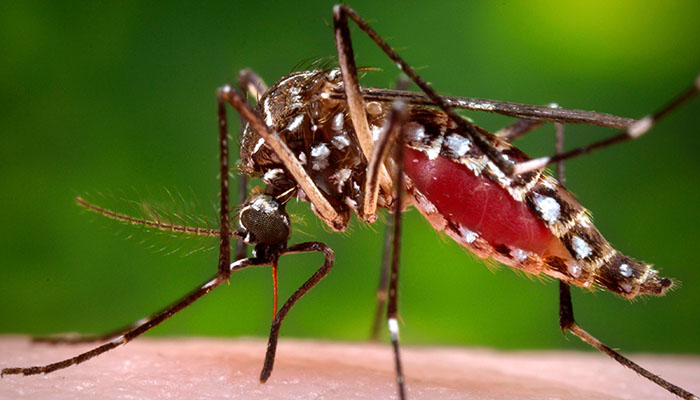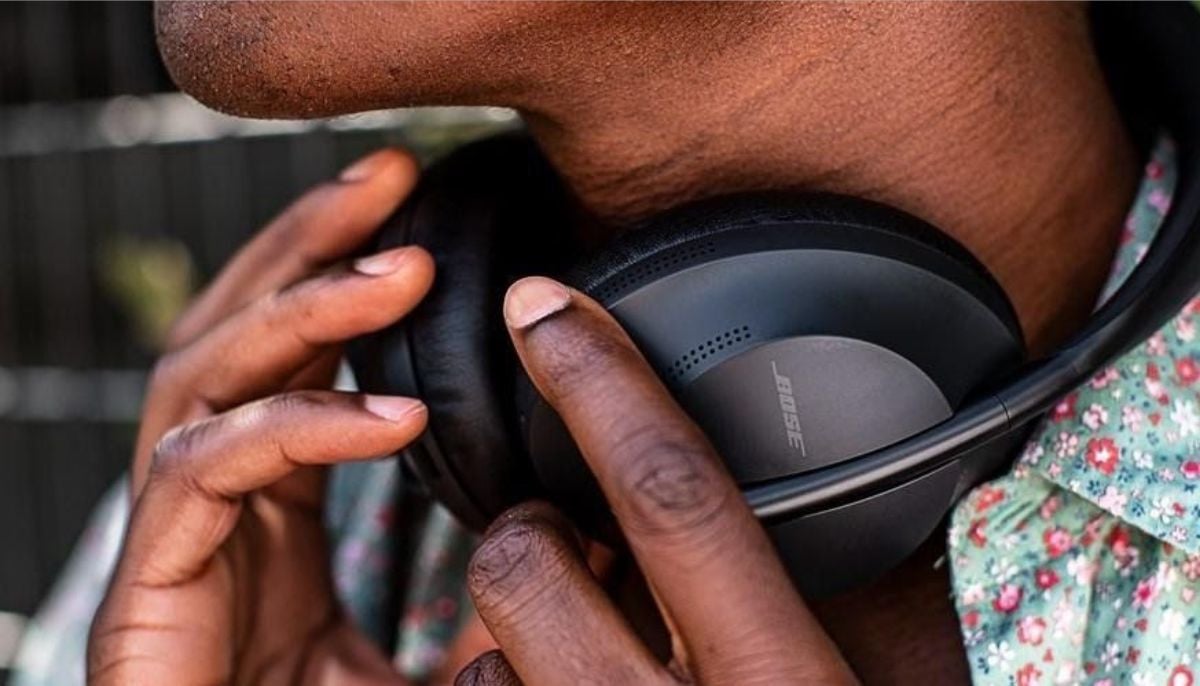In first, new anti-viral dengue fever pill shows promise in human trials
Dengue has long been a scourge in much of Asia and Latin America, resulting in millions of infections annually and tens of thousands of deaths
A dengue fever pill manufactured by Johnson & Johnson appeared to protect against a version of the virus in a few patients, in a tiny human challenge trial conducted in the United States.
Before presenting the research at the American Society of Tropical Medicine and Hygiene Annual Meeting in Chicago, the company noted that there are presently no particular medicines for dengue, a disease danger that is on the rise.
“It is the first ever to show antiviral activity against dengue,” Marnix Van Loock, who oversees emerging pathogens research for J&J’s Janssen division, said of the drug.
Researchers deliberately expose healthy volunteers to pathogens in human challenge trials to test a vaccine or treatment or to better comprehend the disease they cause.
Although it is frequently asymptomatic, dengue fever is also referred to as "break bone fever" because of the extreme joint pain and spasms that some patients endure.
It has long been a scourge in much of Asia and Latin America, resulting in millions of infections annually and tens of thousands of deaths. According to Jeremy Farrar, chief scientist for the World Health Organisation, it is likely to spread further as climate change makes more areas hospitable for the mosquitoes that spread it.
In the research conducted with the Johns Hopkins Bloomberg School of Public Health, a high dose of the J&J tablet was administered to 10 participants five days before they received an injection of a specific strain of dengue. For the following 21 days, they continued to take the tablet.
After being exposed to the pathogen, six of the ten individuals displayed no detectable dengue virus in their blood as well as no indications that their immune systems had reacted to virus infection after an observation period of 85 days.
Six participants in a placebo group who also received a dengue injection tested positive for the virus. When necessary, trial participants got regular medical care from trained professionals, and a weaker strain of the virus was utilised to reduce symptoms.
The promising preliminary data support current Phase II studies of the drug to prevent the four distinct kinds of dengue in a setting where the illness is widespread, according to J&J. Testing it as a treatment will be the following stage.
The medication prevents the virus from replicating by inhibiting the activity of two viral proteins. According to J&J, all trial participants tolerated it well.
As with the problem facing the dengue vaccine the WHO supported earlier this month, a crucial concern for the future will be how to ensure access to the new medicine, if it works on a wider scale, in many of the low- and middle-income nations where it is most needed.
“We’re working on it,” said Van Loock, adding that it was early days.
-
How the world lost Whitney Houston to overdose
-
Late Ozzy Osbourne's 'terribly challenging' life with Parkinson's Disease
-
Emerging health threat: Toxic chemicals found in headphones, raising safety concerns among teens
-
Halsey’s rare health struggle you didn’t know about
-
Angelina Jolie and Brad Pitt mental health struggle amid divorce
-
Peter Dinklage shares achondroplasia struggle: 'My whole life I've had stares'
-
Celine Dion’s private battle with Stiff Person Syndrome
-
5 famous names who have spoken up about their anxiety












